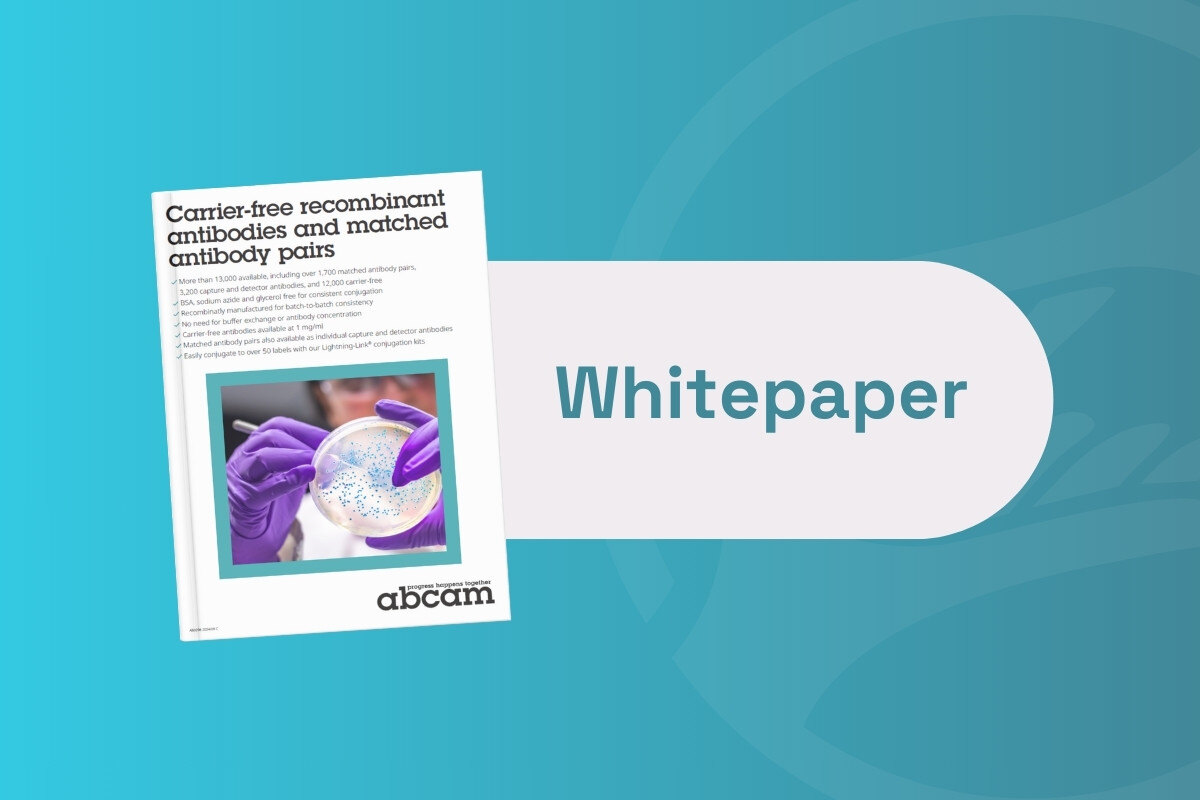Liquid Biopsy for Early-Stage Pancreatic Cancer, Data Presented at AACR

A new study of nearly 1000 participants from across the globe (the United States, China, South Korea, and Japan) has validated a blood test for early-stage pancreatic cancer.
Ajay Goe, Professor and Chair at the Department of Molecular Diagnostics and Experimental Therapeutics, City of Hope Duarte Cancer Center, presented the findings at American Association for Cancer Research annual meeting. They showed that the test could accurately detect both early and late stage pancreatic cancer.
- Blood Test for Alzheimer's Granted Breakthrough Device Status by FDA
- An Overview of Liquid Biopsy: Non-Invasive Approaches to Monitoring Tumour Condition
- Non-Invasive Blood Tests for the Diagnosis of Liver Disease
One of the factors that makes pancreatic cancer among the deadliest cancers is the fact that it is often caught late. This is because the early stages of pancreatic cancer don't often cause obvious symptoms. So, by the time most people have their pancreatic cancer diagnosed, it has usually spread to other parts of the body.
Early stage pancreatic cancer has a far higher 5-year survival rate (44%) than late stage (3%). Therefore, methods for early detection of pancreatic cancer are highly sought after, especially those that can be used for routine screening.
The test was developed by scientists at City of Hope Duarte Cancer Center and works by detecting exosome-packaged microRNA in the patient's blood. By identifying unique markers on the exosome, the test can identify whether the microRNA originated in the pancreas or elsewhere.
The team also found that they were able to increase the accuracy of diagnosis to 97% by combining the blood test with another one which detects the protein CA19-9.
Currently, the only definitive way of detecting pancreatic cancer is abdominal surgery. So, the test is probably not practical to be used in routine screening the general population due to the number of false positives that it would return (even at high accuracy).
Therefore, the researchers see the test as being more appropriate for people that are at higher risk for pancreatic cancer, such as those with family members who've been diagnosed, people with chronic pancreatitis, or new-onset diabetes.
The study still needs to undergo peer review and further, more diverse studies need to be conducted to validate the test. However, these findings are particularly promising for the prospect earlier pancreatic detection and hopefully higher survival rates.






